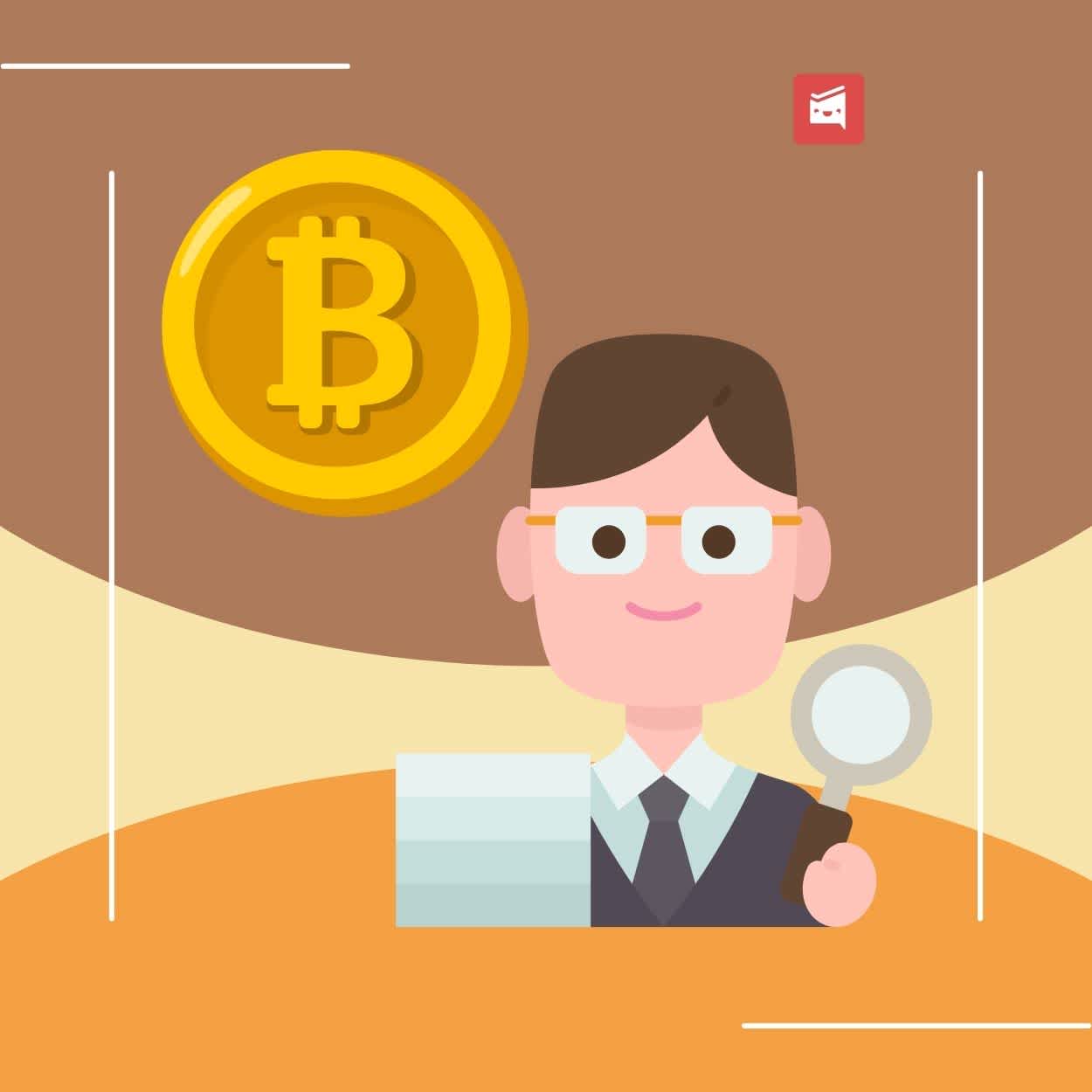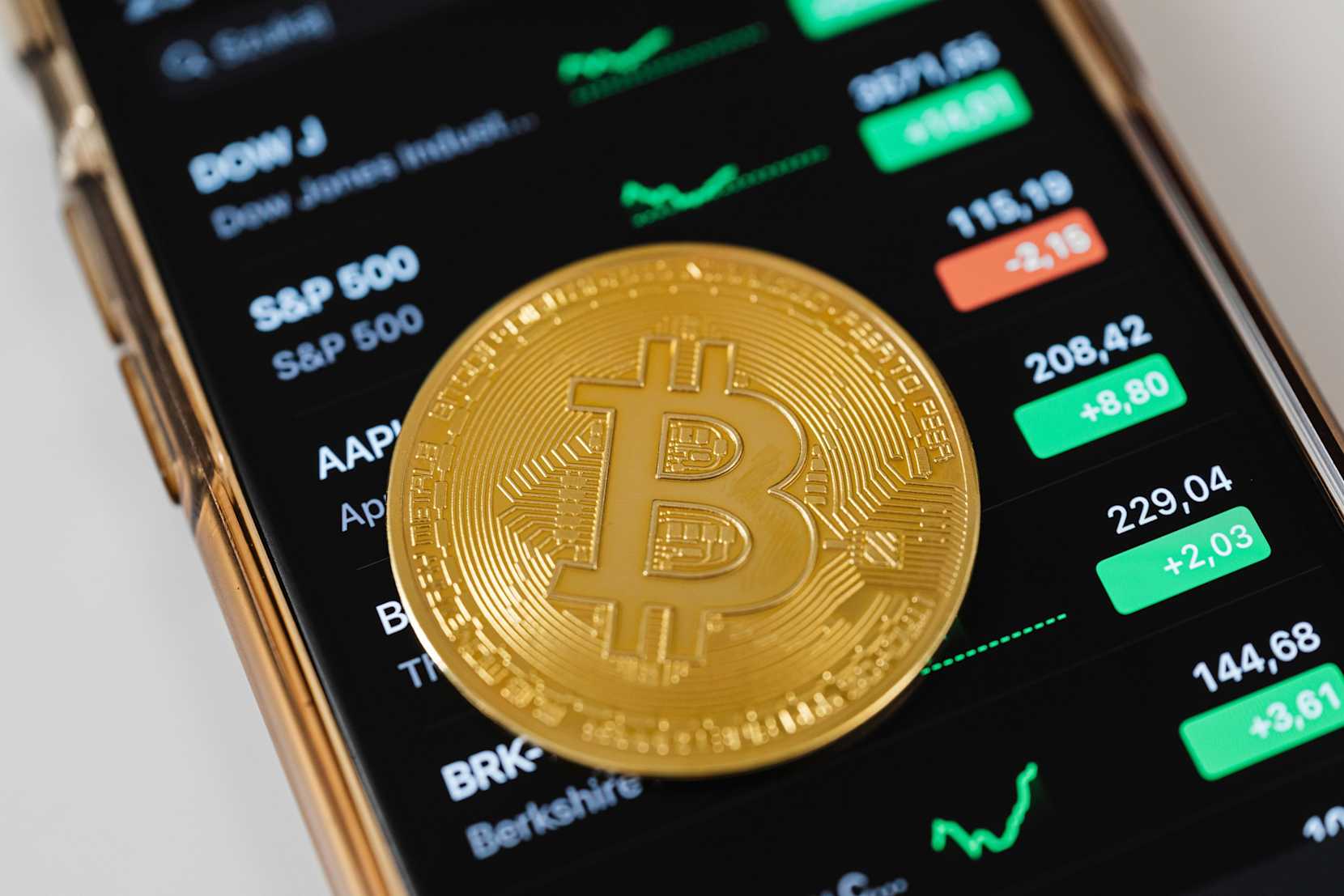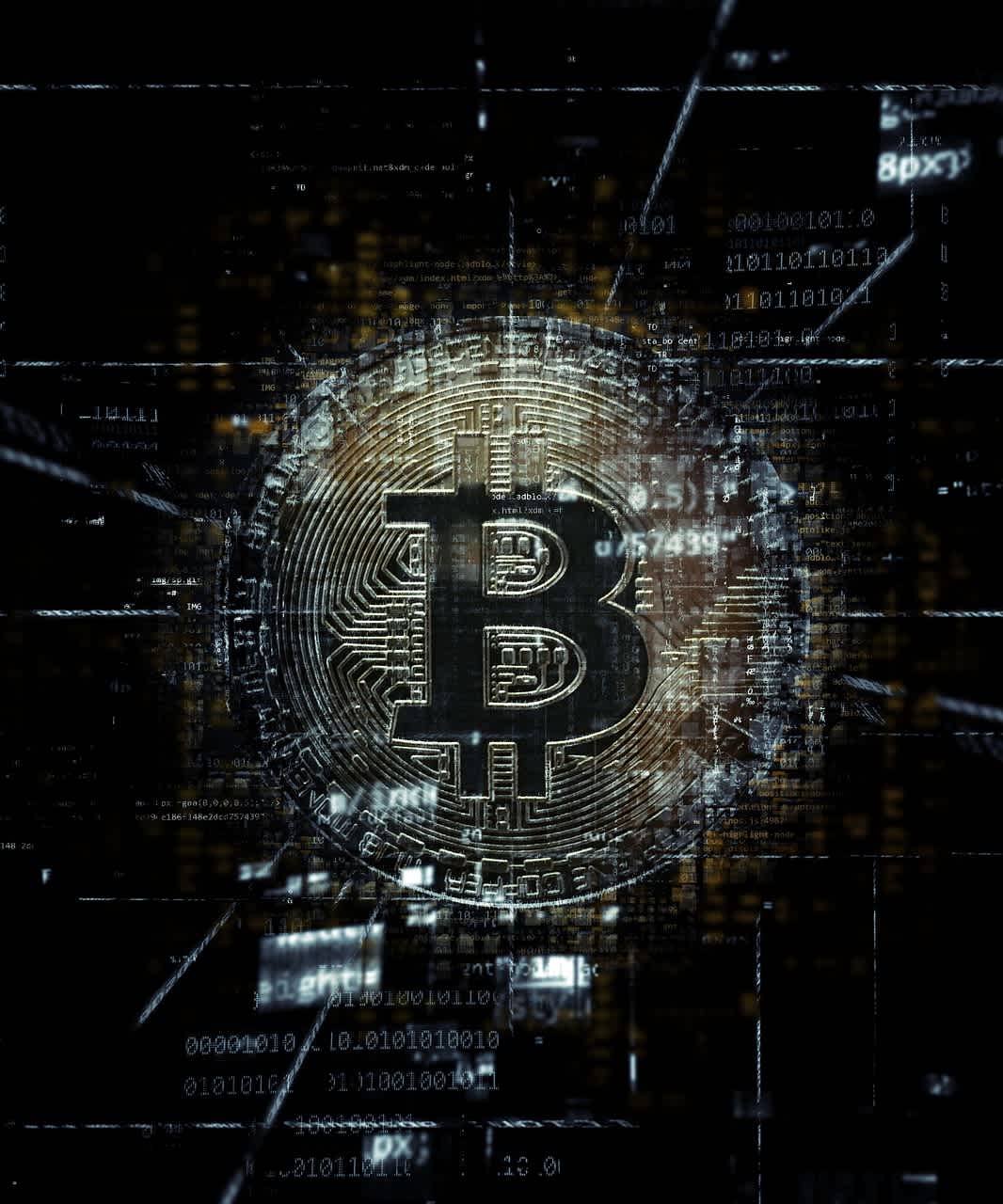How to Optimize Your Project’s Security with Leading Blockchain Auditors
ByJulian Gette
Workast publisher

Workast publisher
In the rapidly evolving landscape of blockchain technology, security remains paramount. With the proliferation of decentralized applications (dApps) and smart contracts, ensuring the integrity and safety of projects is not just a priority but a necessity. However, the complexity of blockchain systems coupled with the ever-present threat of malicious actors makes achieving robust security a challenging task. This is where blockchain auditors come into play. These specialized professionals offer a crucial service by meticulously analyzing code, architecture, and protocols to identify vulnerabilities and ensure the resilience of blockchain projects. In this article, we delve into the significance of leveraging leading blockchain auditors to optimize the security of your project.
One of the primary responsibilities of blockchain auditors is to conduct a comprehensive analysis of the project's codebase. This involves scrutinizing smart contracts, consensus mechanisms, and any other relevant code to identify potential vulnerabilities or weaknesses. Through manual review and automated tools, auditors meticulously examine the logic and functionality of the code, searching for loopholes that could be exploited by malicious entities. Additionally, auditors assess the adherence of the code to best practices and industry standards, ensuring robustness and reliability. By entrusting this critical task to experienced blockchain auditors, project teams can gain invaluable insights into the security posture of their systems and take proactive measures to mitigate risks effectively.
Beyond identifying vulnerabilities, blockchain auditors play a pivotal role in devising effective risk mitigation strategies. Drawing on their expertise and industry knowledge, auditors offer tailored recommendations to address identified weaknesses and enhance the overall security of the project. These recommendations may include code optimizations, protocol adjustments, or implementation of additional security measures. Furthermore, auditors collaborate closely with project teams to prioritize security enhancements based on the severity and potential impact of identified risks. By implementing proactive risk mitigation strategies guided by leading blockchain auditors, projects can significantly reduce the likelihood of security breaches and safeguard against potential threats.
The dynamic nature of blockchain technology necessitates continuous monitoring and adaptation to emerging threats and vulnerabilities. Leading blockchain auditors adopt a proactive approach by staying abreast of the latest security trends, attack vectors, and mitigation techniques. Through ongoing monitoring and periodic audits, auditors help ensure that projects remain resilient in the face of evolving security challenges. Additionally, auditors assist project teams in implementing robust monitoring tools and protocols to detect and respond to security incidents promptly. By fostering a culture of continuous improvement and vigilance, projects can effectively mitigate security risks and maintain the trust and confidence of their stakeholders in the long term.
In addition to conducting audits on specific projects, leading blockchain auditors also contribute to industry-wide security research and development. By analyzing trends, patterns, and common vulnerabilities across various blockchain projects, auditors gain valuable insights that inform best practices and standards within the industry. Moreover, through collaborative efforts with academia, cybersecurity firms, and regulatory bodies, auditors participate in the advancement of security protocols and frameworks tailored to the unique challenges of blockchain technology. As explained by experts from Hashlock, this proactive engagement not only benefits individual projects but also fosters a more secure and resilient ecosystem for the entire blockchain community. By leveraging the expertise and research capabilities of leading blockchain auditors, projects can stay ahead of emerging threats and position themselves as pioneers in the realm of blockchain security.
In the quest for enhanced security, leading blockchain auditors harness the power of automated security tools to complement their manual review processes. These tools, ranging from static code analyzers to dynamic vulnerability scanners, help auditors efficiently identify potential threats and weaknesses within the project's codebase. By leveraging automation, auditors can conduct more thorough and exhaustive analyses, covering a broader scope of code and detecting subtle vulnerabilities that might evade manual inspection. Furthermore, automated tools facilitate continuous monitoring and real-time threat detection, enabling project teams to proactively address security issues as they arise. Through the seamless integration of automated security tools into their audit processes, leading blockchain auditors empower projects to fortify their defenses and uphold the highest standards of security and integrity.
In an increasingly regulated environment, adherence to compliance standards and governance frameworks is paramount for blockchain projects seeking widespread adoption and legitimacy. Leading blockchain auditors assist projects in navigating the complex landscape of regulatory requirements by conducting thorough assessments of compliance with relevant laws and regulations. Additionally, auditors help establish robust governance structures and policies that ensure transparency, accountability, and regulatory compliance throughout the project lifecycle. By proactively addressing regulatory concerns and adopting a proactive approach to governance, projects can foster trust and confidence among stakeholders, paving the way for sustainable growth and success in the highly competitive blockchain industry.
Beyond their direct involvement in auditing projects, leading blockchain auditors also engage in education and awareness initiatives aimed at promoting security consciousness within the blockchain community. Through workshops, webinars, and educational resources, auditors disseminate knowledge about best practices, common pitfalls, and emerging threats in blockchain security. By empowering developers, project managers, and other stakeholders with the necessary tools and insights, auditors contribute to a more informed and vigilant ecosystem capable of mitigating risks effectively. Furthermore, auditors advocate for the adoption of security-first approaches and the cultivation of a culture that prioritizes security at every stage of the project lifecycle. Through their commitment to education and awareness, leading blockchain auditors play a pivotal role in shaping a safer and more resilient blockchain landscape for the benefit of all participants.
In the ever-evolving landscape of blockchain technology, countries like Canada are embracing its potential to drive innovation and economic growth. With increasing adoption, secure platforms to purchase bitcoin, such as MoonPay, are playing a pivotal role in simplifying transactions and fostering trust among users. By combining stringent security protocols and compliance with regulatory standards, blockchain projects in Canada exemplify the growing confidence in decentralized systems, positioning the nation as a key player in the global blockchain ecosystem. By leveraging the expertise and services of leading blockchain auditors, projects can optimize their security posture through comprehensive code analysis, proactive risk mitigation strategies, and continuous monitoring and adaptation. Moreover, the integration of automated security tools, adherence to regulatory compliance, and robust governance frameworks further enhance the resilience and credibility of blockchain projects in the eyes of investors, users, and regulators. As the blockchain ecosystem continues to mature, the role of blockchain auditors will remain indispensable in safeguarding against emerging threats and ensuring the integrity and security of decentralized systems.

